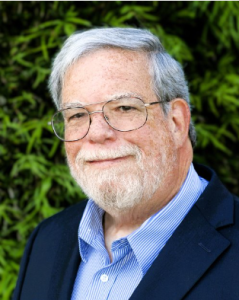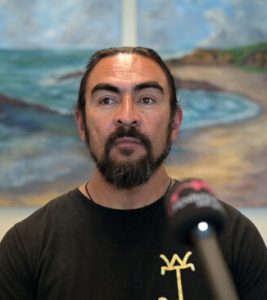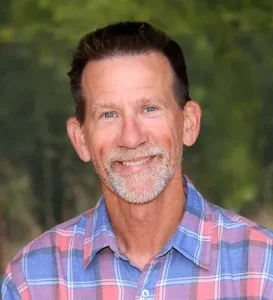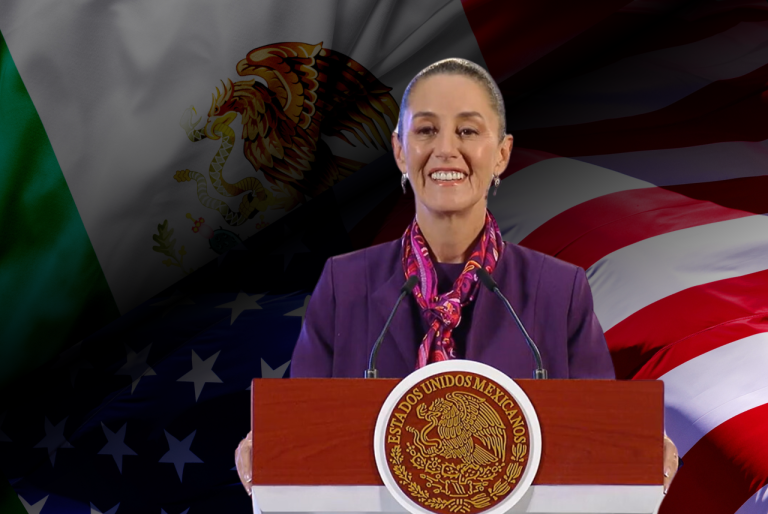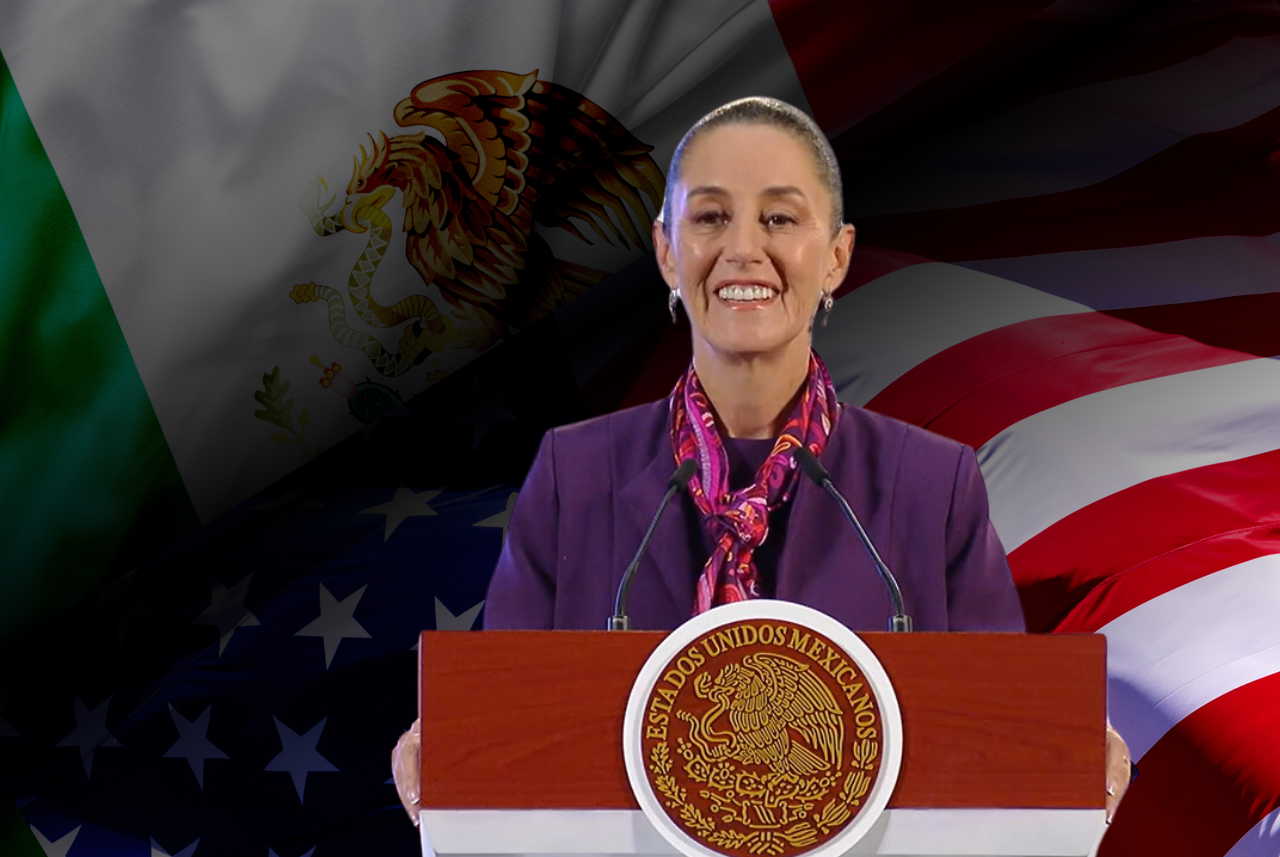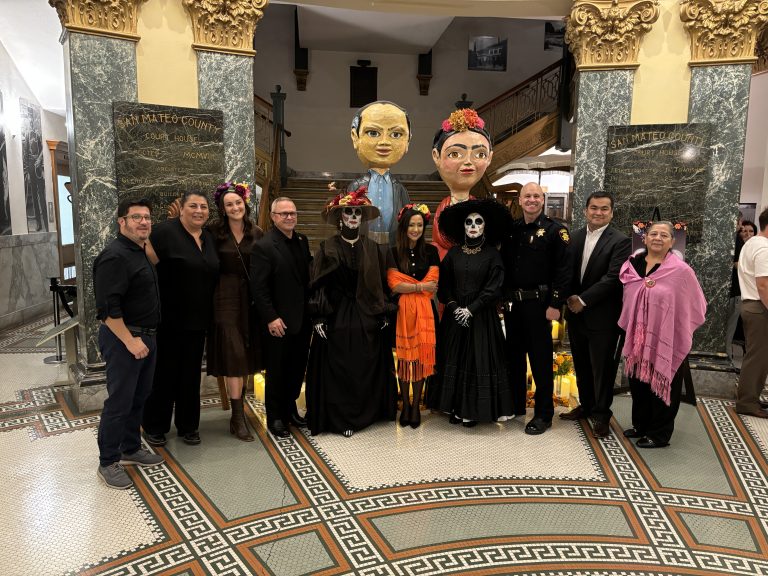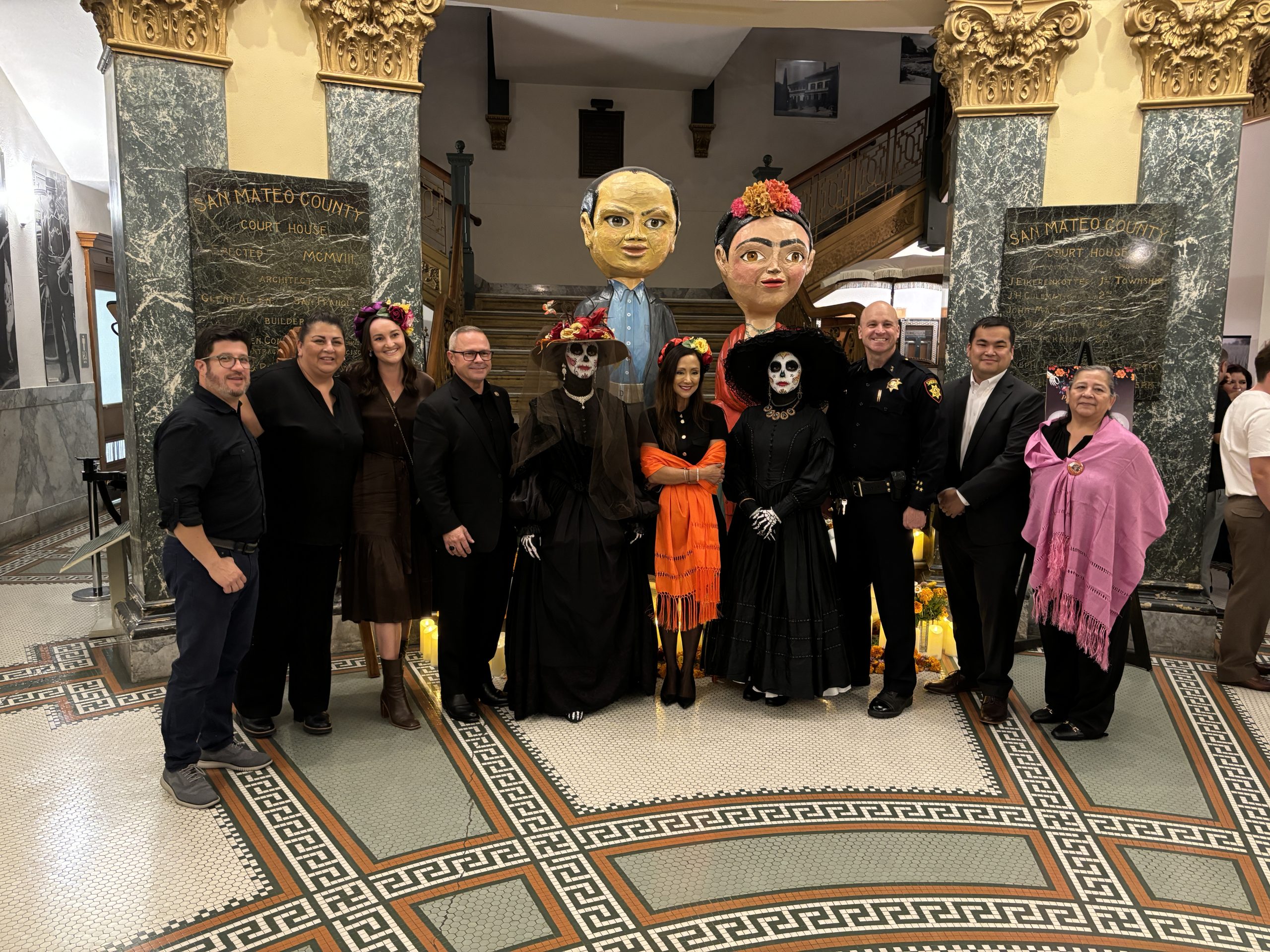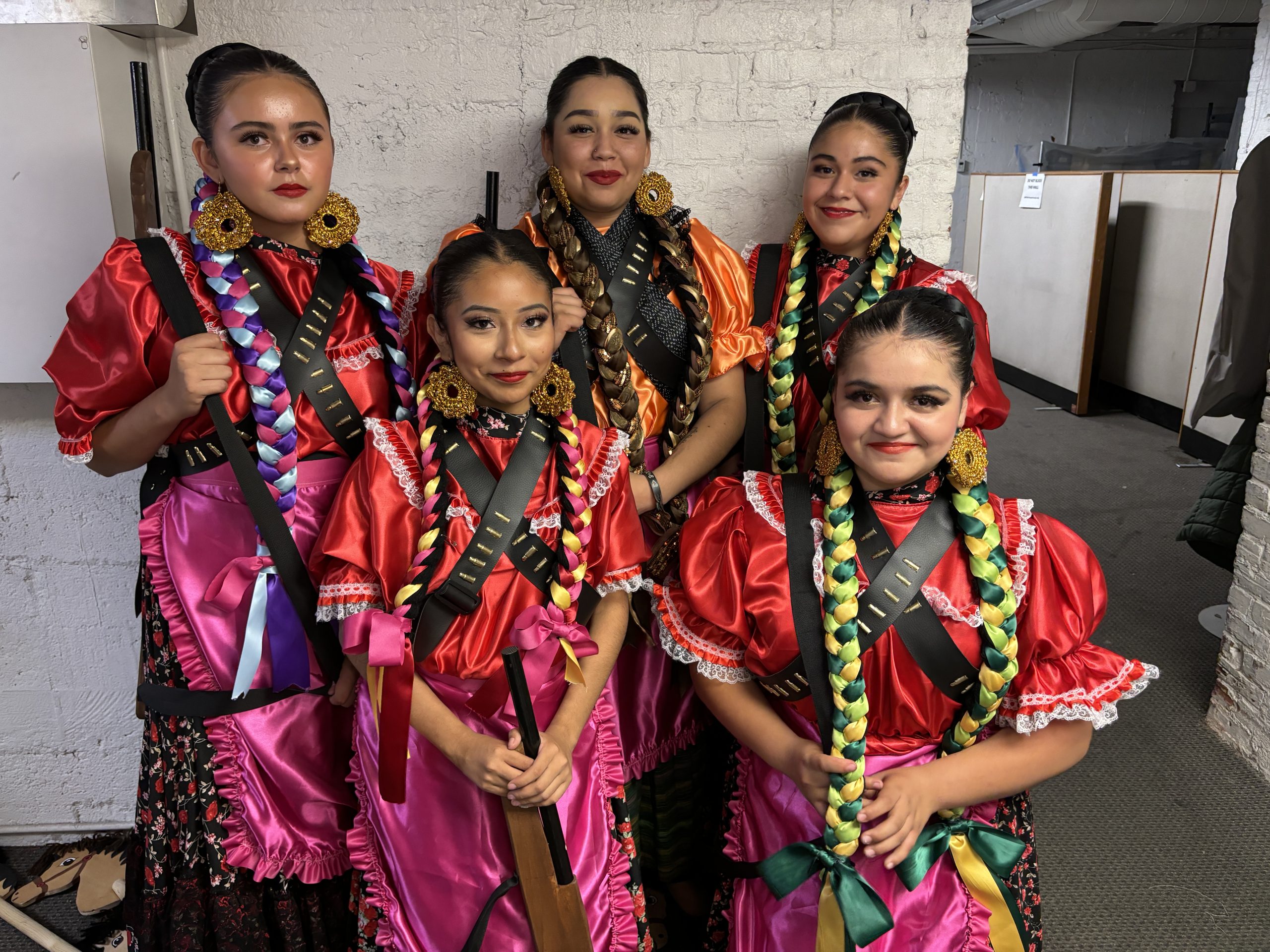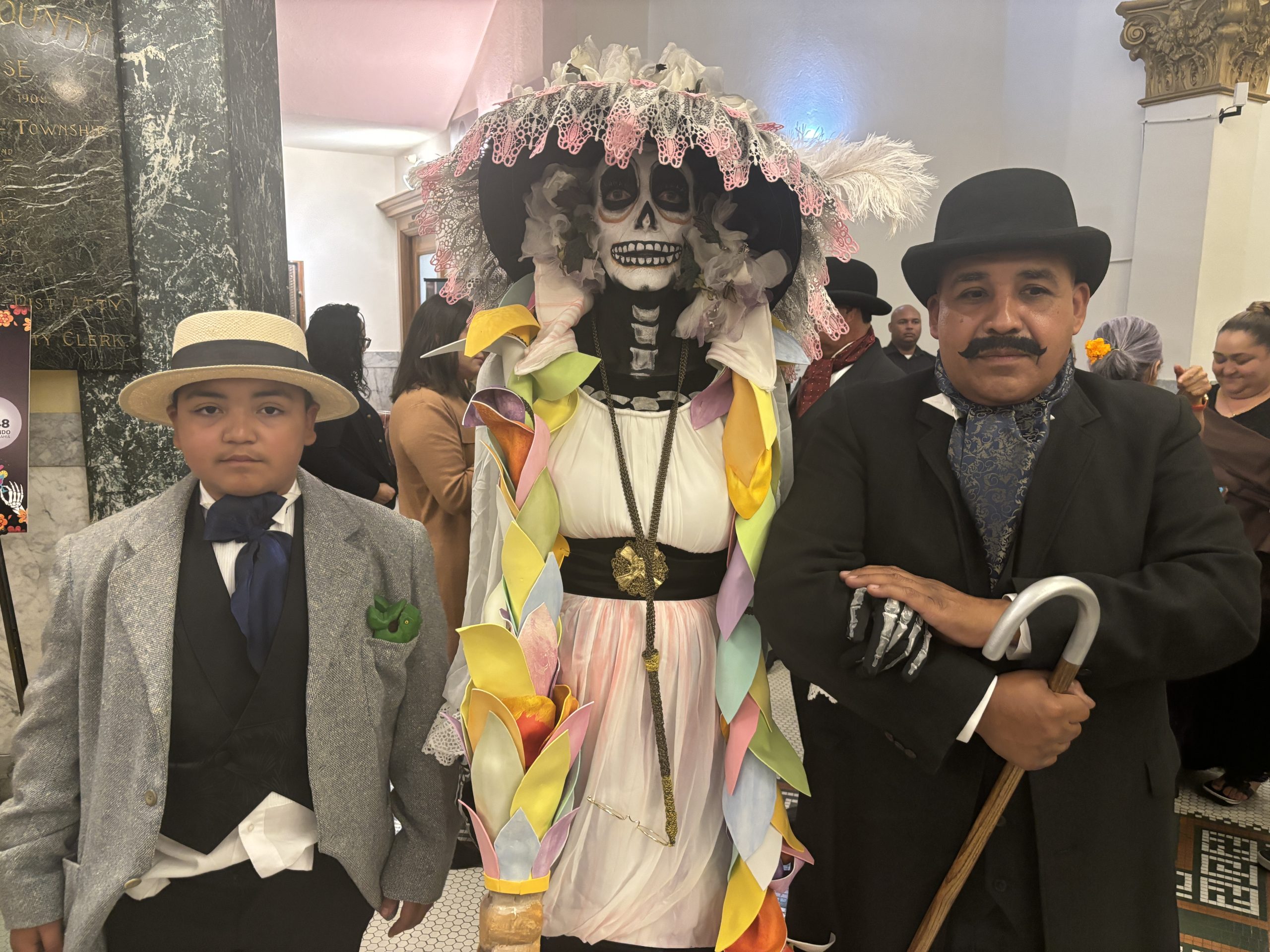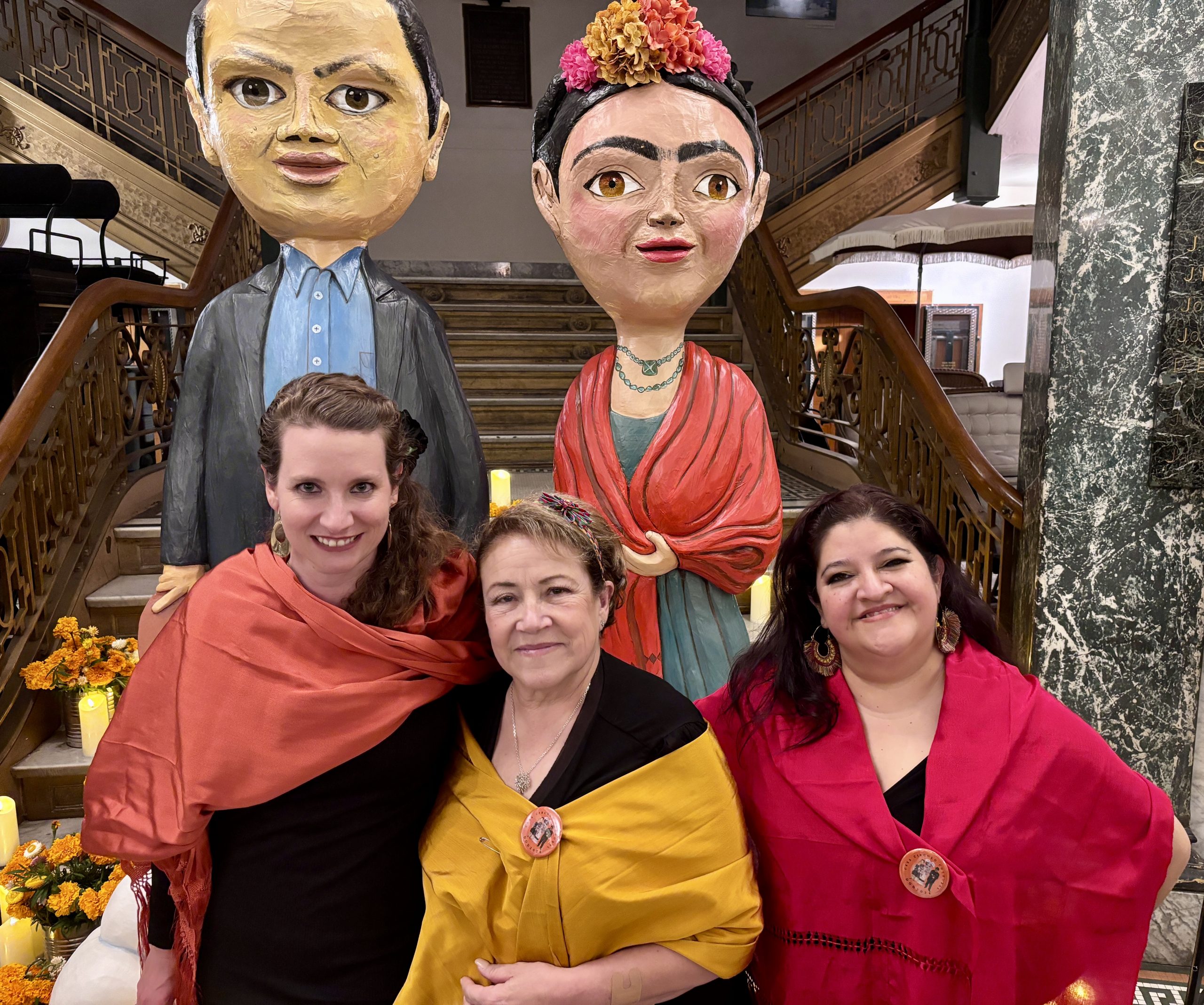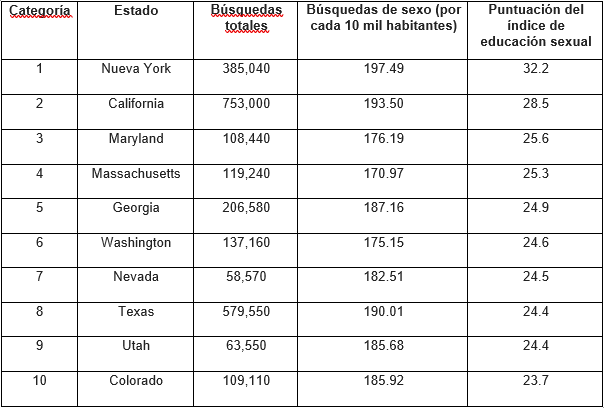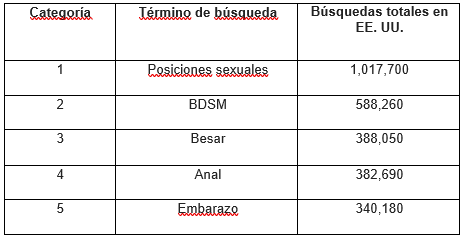*Mexicanos podrían definir elecciones 2024 en EE. UU.

A escasa una semana de las votaciones en Estados Unidos, el voto latino será el elemento central que pueda definir la contienda presidencial entre la demócrata Kamala Harris y el republicano Donald Trump, siendo este último el que ha tornado toda su furia contra los inmigrantes, especialmente los de la comunidad latina, convirtiéndose en el enemigo número uno de este sector de la población en la unión americana.
Así lo señaló el presidente y director general de la organización Mi Familia en Acción, Héctor Sánchez Barba, quien en interview with Carmen Aristegui for the program Aristegui live, señaló también que los mexicanos podrían definir las elecciones presidenciales, pues representan el 65 Por ciento de la comunidad latina en EE. UU.
[embedyt] https://www.youtube.com/watch?v=XGYy79ZPzTY[/embedyt]
“Somos el 65 por ciento de la comunidad latina en el país, alrededor de 35 millones de mexicanos en el país. Podría ser que los mexicanos definan la elección”, destacó Sánchez Barba.
Sin embargo, explicó que con la retorica de Donald Trump, ser mexicano en Estados Unidos se ha vuelto algo negativo.
“Desafortunadamente la mexicanidad se volvió algo negativo. Yo soy muy orgullosamente mexicano, soy un migrante mexicano, pero si alguien te grita en la calle mexicano en este momento, probablemente es para insultarte, y eso está relacionado a lo que Trump ha hecho”, subrayó el líder latino.
En ese sentido, recordó que el candidato republicano empezó su campaña diciendo que los mexicanos eran violadores y rateros, entre otros calificativos despectivos, generando una visibilidad muy negativa, aumentando también los crímenes de odio contra la diáspora mexicana, argumentando que no pertenecen a este país.
“…nosotros estamos aquí desde antes de que esto fuera país, hemos contribuido como trabajadores y a la democracia; entonces es importantísimo que el voto mexicano defina, y lo hemos hecho, con el voto mexicano cambiamos California después de la 187, que fue la ley antimigrante en los noventas, lo hemos hecho en Arizona después de la SB 1070 en solo 10 años y fue el voto mexicano; entonces, estamos demostrando que estamos ganando poder político y definiendo las elecciones locales pero también presidenciales”, explicó.
Sánchez Barba recordó que cuando Trump fue presidente, los crímenes de odio contra la comunidad latina se incrementaron 50 por ciento, además de haber un incremento drástico en las políticas antiinmigrantes no solo a nivel federal, sino a nivel estatal.
Actualmente, dijo que la conversación nacional en termas de migración se ha vuelto totalmente magra hacia la derecha, pues no hay una sola conversación sobre la legalización de inmigrantes indocumentados. Y es que, precisó, Estados Unidos les necesita, pues se ha demostrado con estudios tanto de derecha como de izquierda, que el país necesita el trabajo de los inmigrantes.
“Este país está regresando a la época medieval donde se les están quitando los derechos reproductivos a las mujeres, se le está atacando a la comunidad gay, atacando y excluyendo a muchas comunidades del proceso democrático, leyes de represión al voto, en temas de educación quiere quitar a la secretaría de educación pública, en temas de igualdad, equidad y de acceso a las universidades y las corporaciones, etcétera, se está regresando. Es muy peligroso lo que se está viendo y todo ese es el movimiento extremista MAGA”, explicó.
Sin embargo, Sánchez Barba destacó que la democracia estadounidense es imperfecta, pues excluye a algunas comunidades, entre ellas las de color.
“Hay muchas trampas que nos quieren poner, cómo hacerle más difícil a los latinos votar. Yo tengo la operación de campo más grande del país. En Mi Familia Vota estamos en 10 estados, hay mucha intimidación contra la gente que tenemos trabajando en las comunidades; hay muchas leyes que nos hacen más difícil a los latinos participar en el proceso democrático”.
Y es que, dijo, hace mes y medio, “Mi Familia Vota vivió un caso en la Suprema Corte en donde quieren que organizaciones como nosotros actuemos como ‘la migra’, de checar los papeles de la gente que estamos registrando para votar. Ese es un trabajo del Estado”.
A ello se suma, subrayó, el que no hay suficiente información en español para el ejercer su voto.
“El peor enemigo que tenemos hoy día como comunidad es Donald Trump, y lo tenemos que decir desde esa manera, es el enemigo número uno para los latinos, es el enemigo número uno para México y no solo por el lenguaje que usa contra nuestras comunidades, sino por las políticas que usó como presidente contra nuestra comunidad, pero lo que está proponiendo en este momento en el Proyecto 2025 es muy peligroso y eso es lo que estamos haciendo, informando a las comunidades, informar a la gente de lo que Donald Trump representa”.
A chasm between candidates
No es de asombrar que las diferencias entre Donald Trump y Kamala Harris son amplias, sus posturas en diversos temas son completamente opuestas, el del republicano: extremistas, difamatorias, antidemocráticas y radicales; mientras que Harris intenta buscar un diálogo, acercarse a las comunidades de color o minorías, además de atender causas de raíz.
“La diferencia es día y noche (entre Harris y Trump). Con la administración Trump no tuvimos acceso para nada los líderes latinos ni la comunidad latina a discutir la política pública, estuvo totalmente cerrada La Casa Blanca, con el presidente Biden ha habido un acceso total y directo, yo personalmente me he reunido muchas veces con él para discutir las prioridades políticas, pero es una continuación de lo que vemos con la vicepresidenta Harris. La vicepresidenta me hizo una llamada y discutimos los temas de prioridad pública, yo me he juntado con ella tres veces desde que fue anunciada”.
En ese sentido, apuntó que Harris ya ha anunciado su posición en inmigración, diciendo que habrá una reforma migratoria, además de tomar en cuenta a la comunidad en temas de economía y salud, entre otros.
“Durante los 4 años de administración de Donald Trump no solo yo, ninguno de los líderes más importantes latinos se reunió con él, la Casa Blanca estuvo totalmente cerrada para la comunidad latina, lo que significa que es una democracia excluyente. Cuando excluyes a los líderes del 20 por ciento de la población del país más importante del mundo, eso te dice algo no solo a nivel simbólico, pero a nivel de política pública”.
“Ha sido devastador lo que Donald Trump significa para la comunidad latina, pero también para México”.
Now, he said, there is concern about the kind of president Donald Trump wants to be.
“¿Qué tipo de presidente quiere ser ahora que quiere regresar a la presidencia y cómo se afecta a México? Tener a un fascista, alguien que quiere ser dictador, ¿cómo va a afectar eso a México en un momento en que sabemos que a veces hay políticas muy abusivas de Estados Unidos hacia México y hacia los mexicanos? ¿qué significa tener a un personaje que odia tanto a los mexicanos y al país y que es un criminal, literalmente? Por ello, estamos haciendo todo lo que se pueda, como organización y como comunidad, para asegurarnos que no sea electo”.
You may be interested in: Racism and xenophobia at pro-Trump rally: Puerto Rico is called a “trash island”








